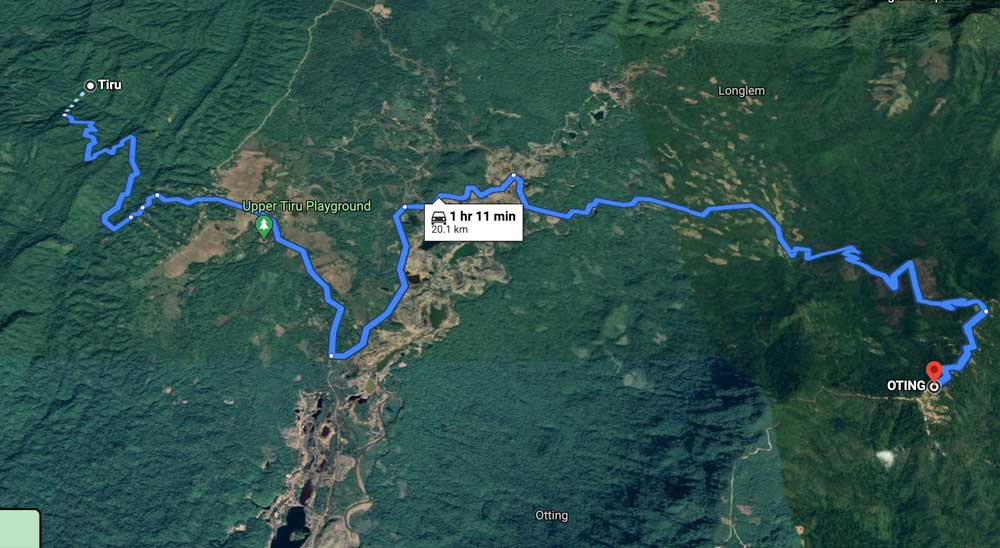A group of laborers from the village of Oting in Mon district, Nagaland, were returning home from Tiru village at around 3.30 PM on December 4, when the ’21 Para Special Forces’ opened fire and killed six of them. All the laborers were unarmed and posed no threat to the armed forces.

The consequent confrontation between the angry villagers and the armed forces led to violence, leaving seven more civilians and one member from the special forces dead.
The killings left the shocked nation searching for answers.
What transpired that day?
According to Home Minister Amit Shah’s statement to the Parliament on December 6 – the special forces had a specific input about militant movement in the area.
As the vehicle carrying the laborers neared the armed forces, it was asked to stop, but instead of stopping, the vehicle sped away.
Mistaking the passengers in the vehicle for anti-social elements, the forces had opened fire.
Once the mistake was realized, the remaining two passengers who were injured were rushed to the hospital. But the angry villagers confronted the armed forces and set two of their vehicles on fire. The violence resulted in the death of one member of the security forces and seven more civilians. Several were injured from both sides.
On December 5, one more civilian died when the mobs tried to set the army base camp on fire.
A Special Investigation Team – SIT has been constituted to investigate the matter and asked to report its findings in a month, the Home Minister said.
NHRC seeks answers
National Human Rights Commission (NHRC) on Monday issued notices to both Centre and Nagaland government over the killings.
Focus on AFSPA
As the governments rush to announce compensations and express regret, the focus has inevitably fallen on the AFSPA (Armed Forces Special Powers Act), which gives powers to the armed forces to maintain public order in disturbed areas.
The controversial act was withdrawn in Tripura in 2015.
The Ministry of Home Affairs extended the act in Nagaland for six months in June 2021.
Several MPs from the opposition parties, including Hyderabad MP Asaduddin Owaisi, had called for the repeal of the act.